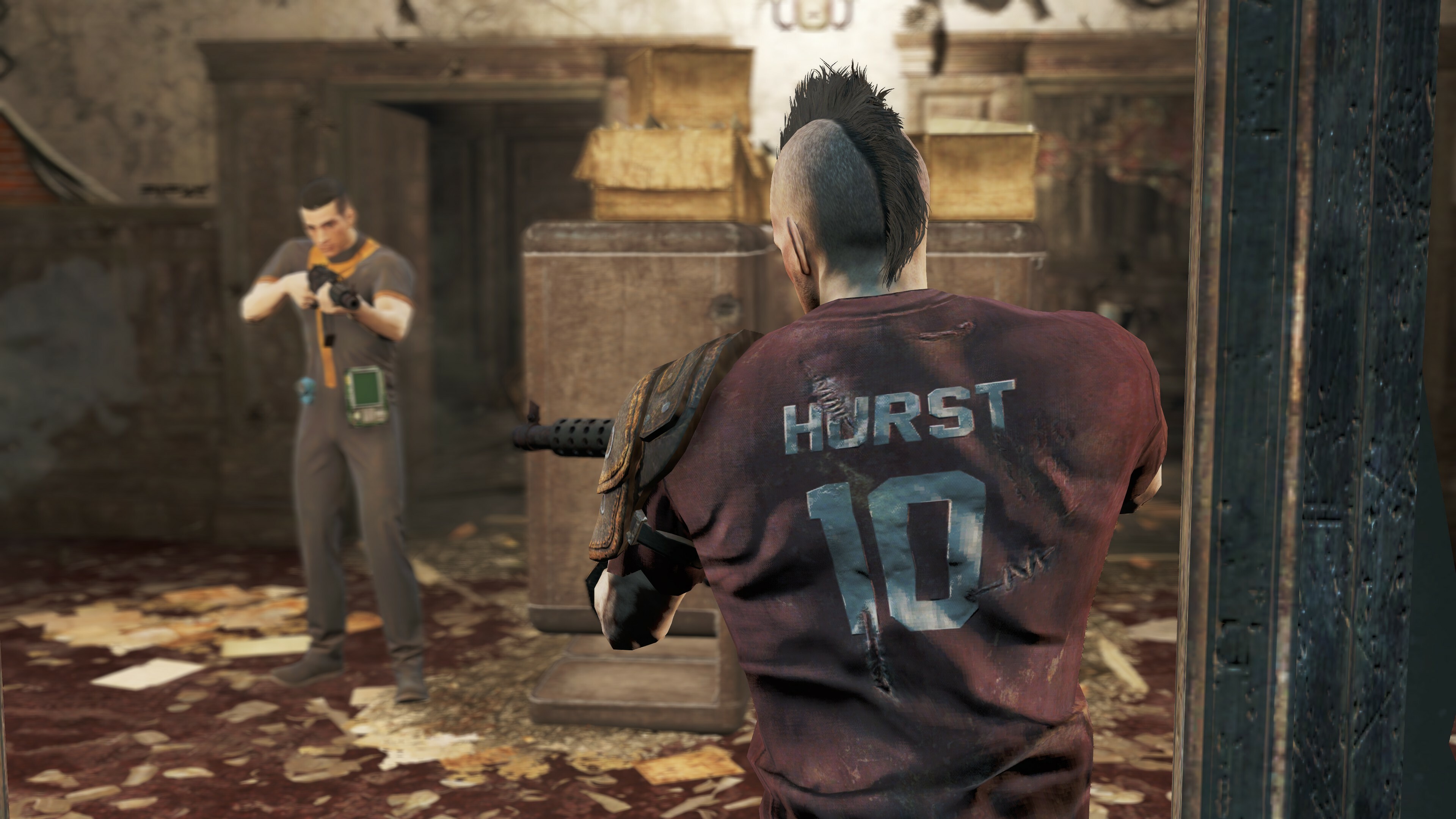Fallout: London sets a new record by becoming the 'fastest redeemed game ever on GOG'
Bloody 'ell!

War isn't the only thing that never changes. Fallout fans never change either: they're always ravenous for more Fallout games. As proof you need look no further than Fallout: London, the wildly ambitious full conversion mod for Fallout 4 that exports the irradiated wasteland from the US and imports it into England. The mod was released on July 24, and players pounced on it with such ferocity that it immediately set a new record on GOG.
"In the first 24 hours, the mod was redeemed more than 500,000 times, making it the fastest redeemed game on GOG ever," according to a news post on GOG. That's impressive, especially considering the digital games storefront has been around since 2008 and now hosts nearly 10,000 games. None of them—not Cyberpunk 2077, not even the Witcher games—had people rushing to snatch them up at the rate as they did Fallout: London.
Granted, GOG was the only place players could download the Fallout: London mod—although you can install the mod on your Steam copy of Fallout 4, the mod itself isn't hosted in the Steam Workshop, and it's not on Nexus Mods, either. It also looks like "redeeming" the mod isn't the same as downloading it—as far as I can tell, adding it to your GOG shopping cart and checking out (for $0) is considered a redemption. (I've asked for clarification and will update this article if I receive a reply.)
But I suspect just about everyone who redeemed it is trying it out, or will be soon. Looking at GOG, the best-selling game in the entire store at the moment is, you guessed it, Fallout 4: Game of the Year Edition (it's 60% off). Not only are people redeeming the heck out of Fallout: London, they're buying the heck out of Fallout 4. War never changes, and neither does the craving for more Fallout.
The biggest gaming news, reviews and hardware deals
Keep up to date with the most important stories and the best deals, as picked by the PC Gamer team.

Chris started playing PC games in the 1980s, started writing about them in the early 2000s, and (finally) started getting paid to write about them in the late 2000s. Following a few years as a regular freelancer, PC Gamer hired him in 2014, probably so he'd stop emailing them asking for more work. Chris has a love-hate relationship with survival games and an unhealthy fascination with the inner lives of NPCs. He's also a fan of offbeat simulation games, mods, and ignoring storylines in RPGs so he can make up his own.

